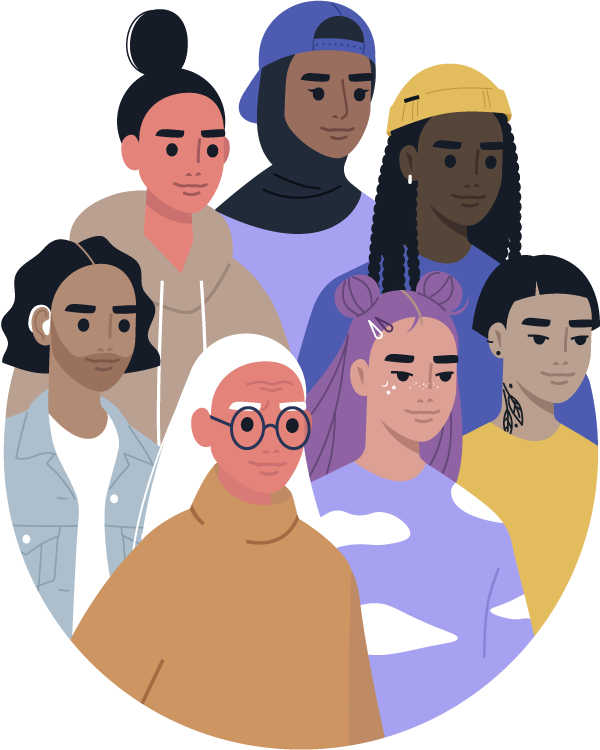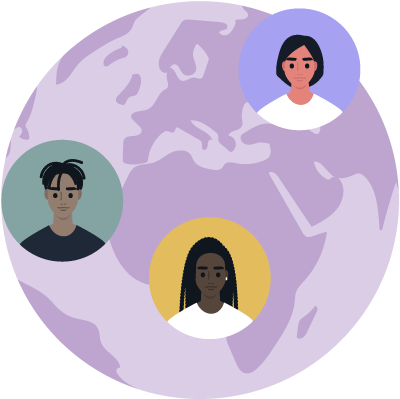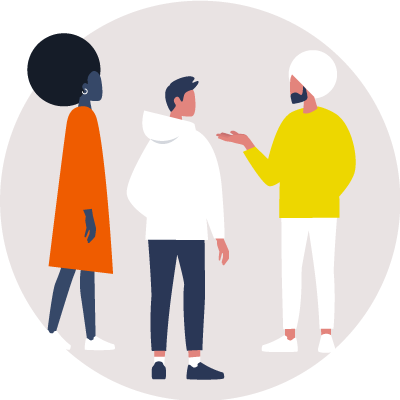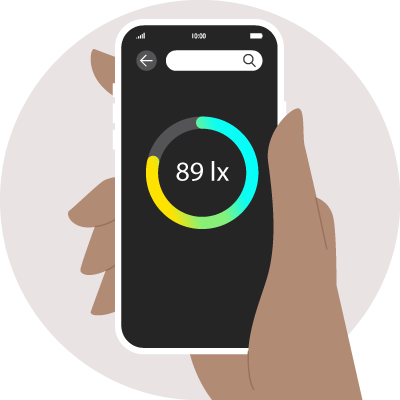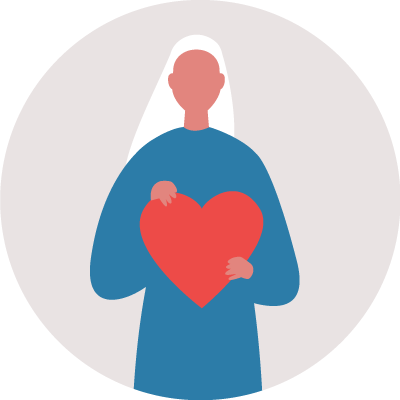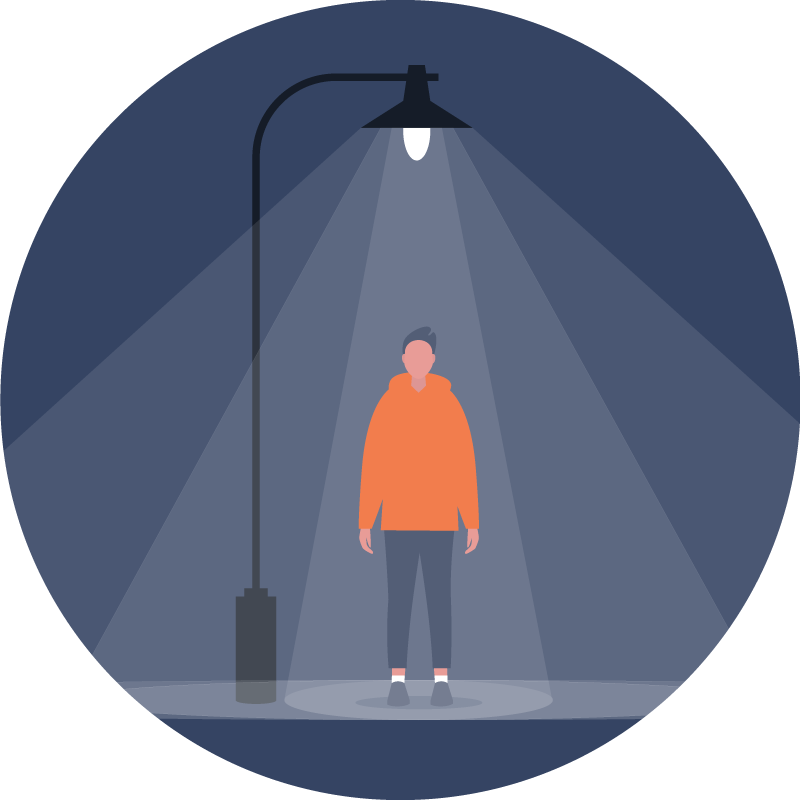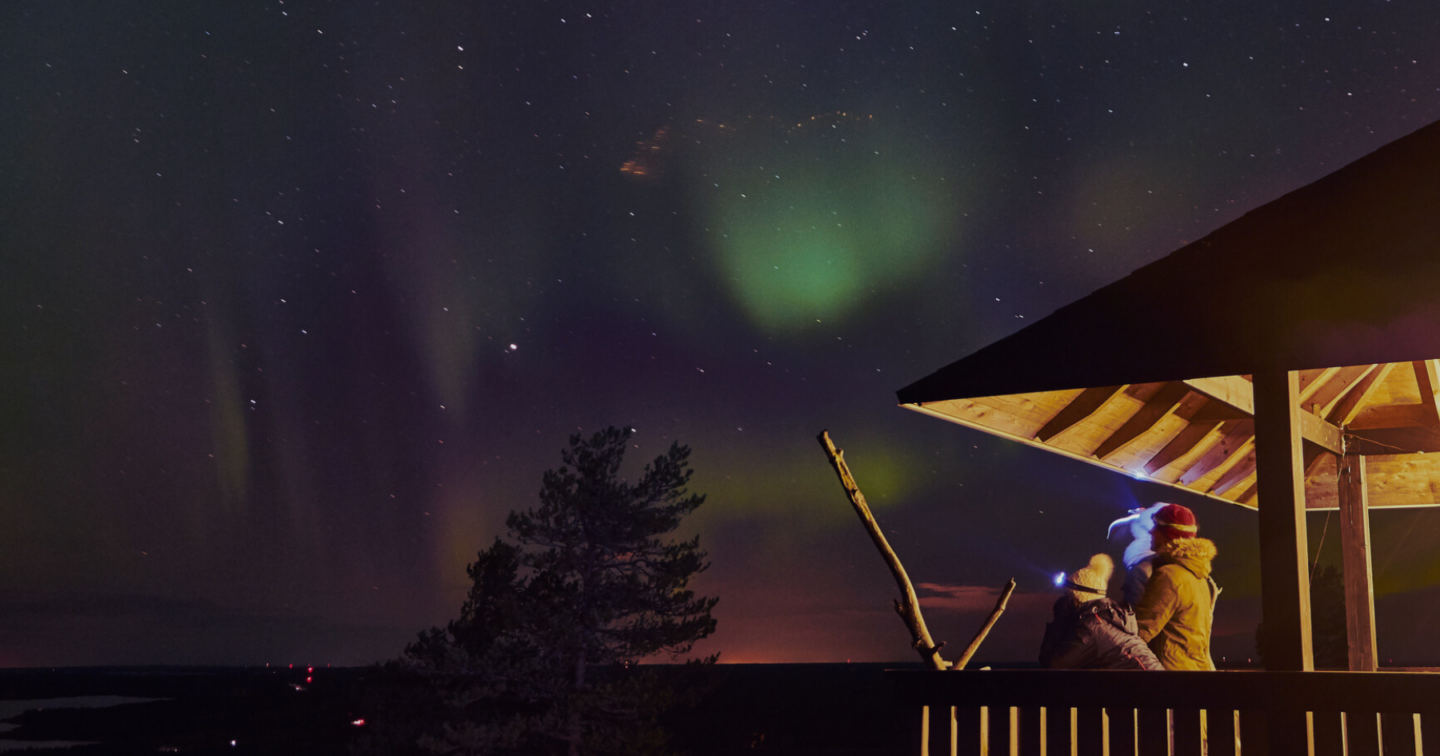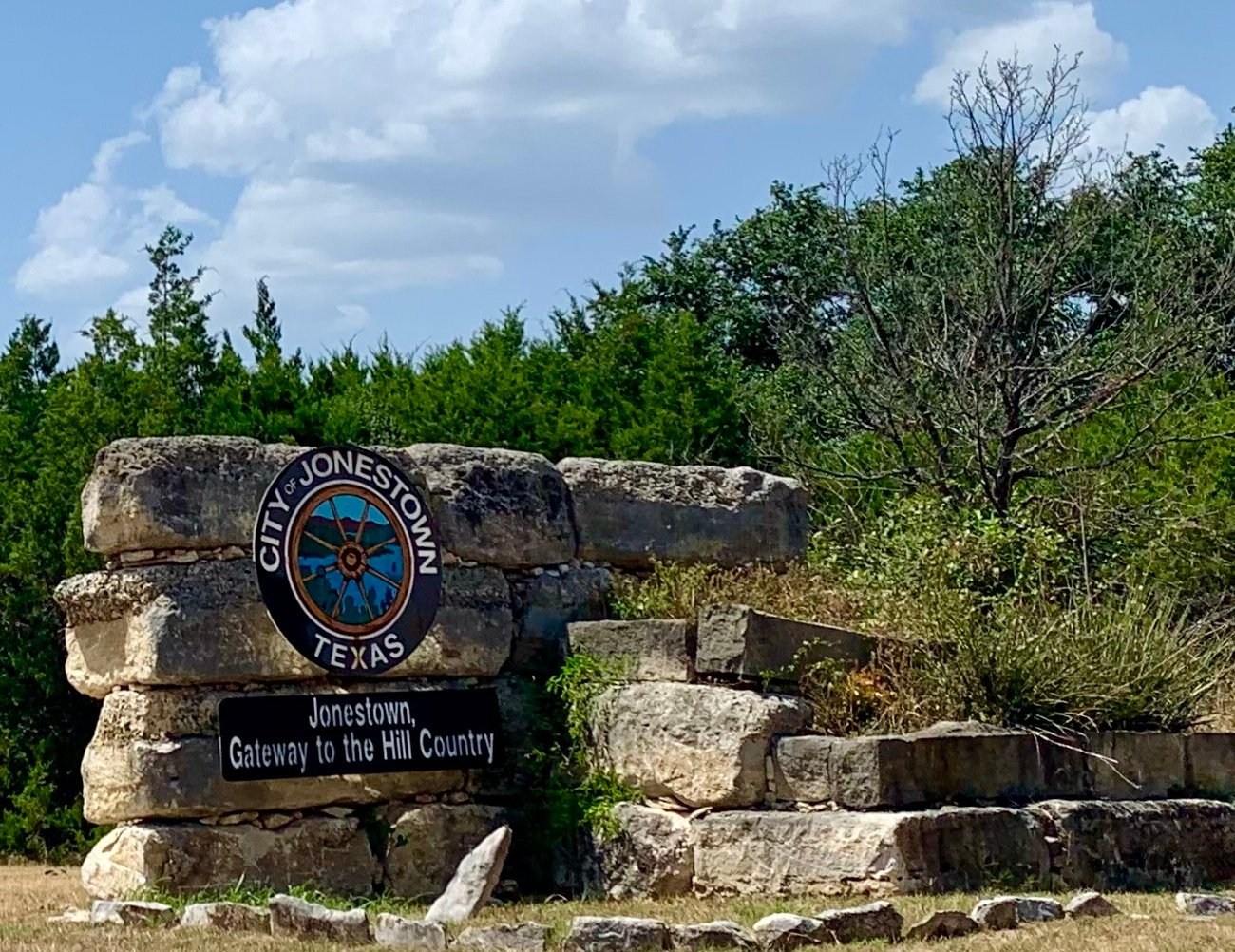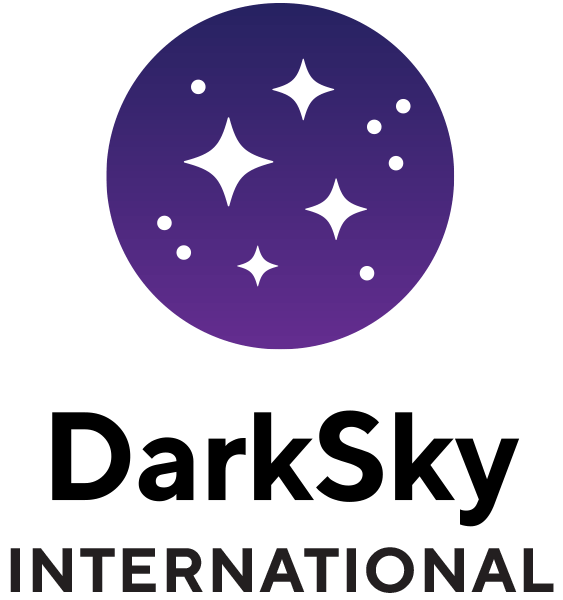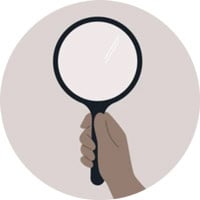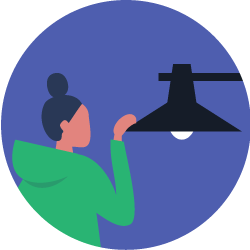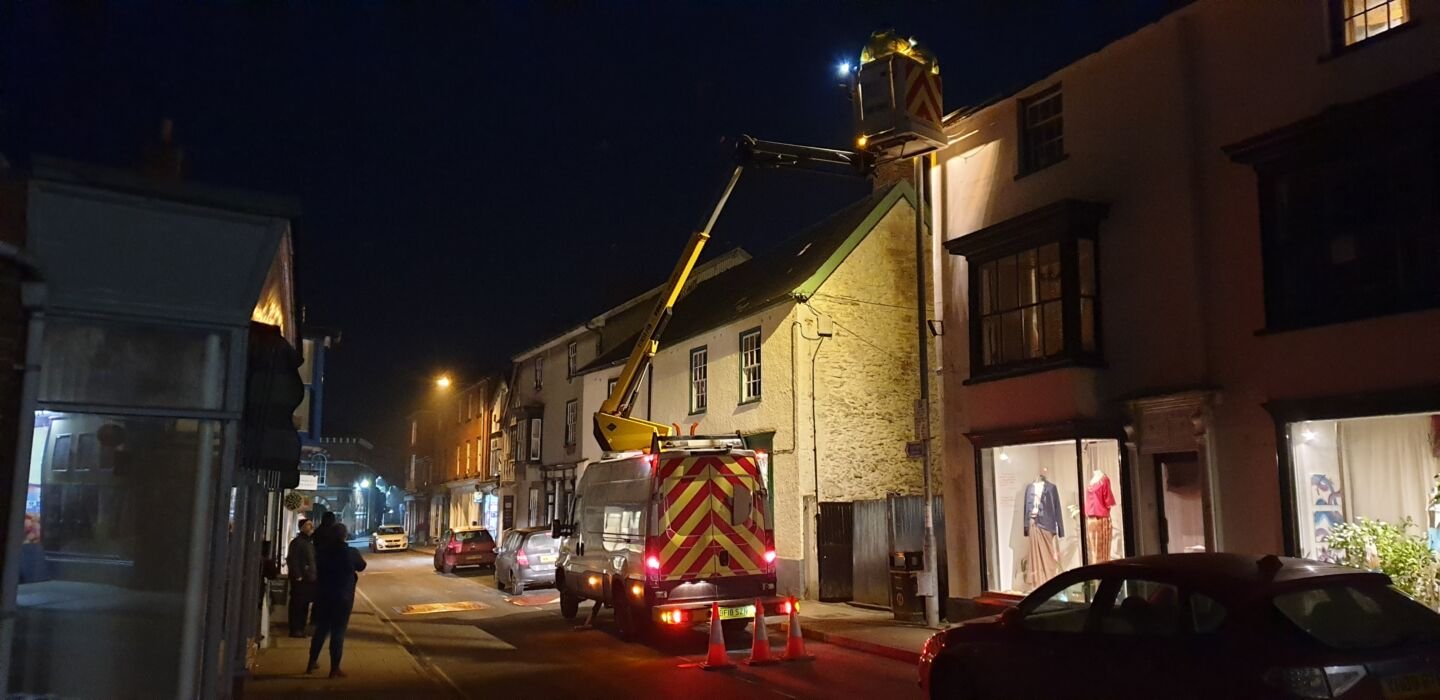
Guides and how-tos
-
How to write an annual report for your International Dark Sky Place
As a condition for continued accreditation of International Dark Sky Places (IDSPs), DarkSky requires each certified Place to submit an annual report on dark sky related activities and conditions. This condition is set forth in the Program Guidelines for each of the International Dark Sky Place certification categories. The annual reports are important to the…
-
Frequently asked questions about International Dark Sky Places
The International Dark Sky Places program is an independent, third-party review and certification of outstanding dark sky conditions and protection practices. Over 200 places around the world have been certified since 2001. General questions Nominating a Dark Sky Place Night sky quality Outreach Lighting and policy
-
How to form a DarkSky chapter
DarkSky chapters are made up of members organized within defined geographic boundaries.
-
Guides and how-tos
-
Causes of light pollution
Light pollution is a problem, but there’s no single country, group, or industry to blame. Instead, it’s a result of the whole world’s ever-expanding reliance on outdoor electrical lights for over 200 years. Fortunately, there’s a growing awareness that the ways we stave off the dark can actually have detrimental effects too. Let’s look at…
-
Effects of light pollution
Light pollution negatively affects: Wildlife and ecosystems Energy and climate Human health Crime and safety Night sky heritage
-
What renters can do about light pollution
Renters don’t have as much flexibility as property owners to change their outdoor lighting, but there are still many things that you can do to make a difference.
-
What is light pollution?
Light pollution is the human-made alteration of outdoor light levels from those occurring naturally. When we over-light, fail to use timers and sensors, or use the wrong color/temperature of light, we can negatively effect many parts of our world, including migratory birds, pollinators, sea turtles, mammals, and humans.
-
“Losing the Dark” – flat screen
To help raise public awareness of some of the issues pertaining to light pollution, Loch Ness Productions in collaboration with DarkSky has created Losing the Dark in fulldome video format for digital planetarium use, and as a conventional flat-screen video. It’s on YouTube, available for online viewing, sharing, and embedding on blogs and Web pages.…
-
Values-centered outdoor lighting
DarkSky’s board of directors has adopted a policy to inform and guide our ongoing work to protect the night from light pollution and implement the Five Principles for Responsible Outdoor Lighting. The resolution The board’s resolution (PDF) has three main effects. First, it establishes the DarkSky interpretation of the Lighting Principles, which is that the…
-
Guidance for U.S. homeowners associations
From time to time we are asked whether DarkSky has any guidance available to U.S. homeowners associations (HOAs) for the development of covenants, conditions, and restrictions (CC&Rs) relating to outdoor lighting. These are community rules in master-planned housing developments to which homeowners are bound and whose obligations survive ownership transfers. They are similar to land-use…
-
Five Principles for Responsible Outdoor Lighting
Too often, outdoor electric lighting installations at night are overlit, left on when not needed, and harmful to the environment. As a result, light pollution is a growing global issue that can negatively affect our environment and impact our quality of life. DarkSky and the Illuminating Engineering Society jointly published the Five Principles for Responsible…
-
Family activities to enjoy the night from home
In response to the COVID-19 pandemic, families around the world learned to hunker down at home. Here are some great resources to engage in the dark sky movement with your loved ones whether it be in your backyard, through your living room window, or on a computer screen. Family arts and crafts Contribute to night…
-
Frequently asked questions
What is light pollution? What’s a Dark Sky Place? How many are there? When was DarkSky International founded? How do I donate or join? All that and more in our FAQ!
-
Electronic billboards, electronic message centers
When most of us think about LED billboards, we imagine ourselves in a bustling urban space like Times Square in New York City, looking up at flashing advertisements. But the same technology, also known as electronic message centers (EMC), has recently begun to dominate the outdoor advertising industry. These signs and billboards are appearing along…
-
Lighting for Industry
Content Coming soon.
-
Solutions to light pollution
Light pollution is harming our environment, wildlife habitats, and our quality of life. Every day needs a night All around us, this unintended pollutant is taking a silent toll. Each year, thousands of migrating birds and shorebirds are killed because of unnecessary artificial light at night. Light pollution threatens aquatic ecosystems by increasing the risk…
-
DarkSky outreach materials
DarkSky members in the U.S. can request free printed brochures.
-
Infographics
Visual methods help people understand the complex issues of light pollution.
-
“Losing the Dark” Translations
Losing the Dark is currently available in 15 different languages: US English | Cantonese | French | German | Hebrew | Hindi | Japanese | Kannada | Korean | Mandarin | Norwegian | Polish | Russian | Spanish | Turkish We want to offer Losing the Dark in as many languages as we can, for…
-
How to conduct a night sky quality survey
A thorough night sky quality survey is essential to a successful application to the International Dark Sky Places program. There are a variety of ways to approach making a survey. These include: Sky quality meter survey The Unihedron Sky Quality Meter-Lens (SQM-L) is the most widely used device for taking scientific-quality measurements of sky brightness.…
-
Lighting zones
“Lighting zones“ (LZ) reflect the base (or ambient) light levels desired by a community. The use of lighting zones was originally developed by the International Commission on Illumination (CIE) and appeared first in the U.S. in IES RP-33-99, Recommended Practice for Exterior Environmental Lighting. To learn more, read about our Model Lighting Ordinance. Lighting Zones…
-
Glossary
A glossary of terms used throughout this site to describe lighting and its effects.
-
Software and mobile apps
Software and mobile apps can help us appreciate the night sky, measure light pollution, and much more.
-
Useful links
Some of the tools and sites we use from our partners, friends, and colleagues.
-
Videos
Enjoy watching some of our favorite videos on light pollution. For more videos on light pollution visit our YouTube channel. English: Español: Dark Nights, Illuminating Awareness (Noches Oscuras, iluminando conciencias) Documentary · 2023 · 28 min. A documentary about the actions to mitigate light pollution on Palmarito Beach, Oaxaca, México, created by the volunteers of the Palmarito…
-
DarkSky publications
Publications produced by DarkSky International.
-
Materials for public outreach
Download and distribute these free brochures, cards, infographics, videos, and more.
-
Measuring light pollution
Solving light pollution requires measuring the brightness of the night sky. Learn how — become a community scientist!
-
Street lighting
Streetlights can cause light trespass — light that falls where it’s not intended, wanted, or needed.
-
My neighbor’s lighting
Many of us have experienced this scenario: A neighbor installs a new light fixture on their property. It’s unshielded and casts a bright light that spills onto your property and perhaps even inside your home. This is known as light trespass, which can cause much agony and frustration. Although DarkSky doesn’t get involved in neighbor…
-
Lighting ordinances
Many people who become concerned about light pollution want to know what they can do to make a difference in their community. Beyond fixing your own lighting, you can work to get an outdoor lighting ordinance adopted in your community. Outdoor lighting ordinances or codes are great for ensuring that municipalities implement good, safe outdoor…
-
“Losing the Dark”
Losing the Dark is a short planetarium show and video on light pollution, available as a free download in 23 languages. Starry skies are a vanishing treasure because light pollution is washing away our view of the cosmos. It not only threatens astronomy but also disrupts wildlife and affects human health. The glows over cities…
-
Dark sky friendly outdoor lighting for policy makers
Why should your municipality be concerned about light pollution? 1. Energy waste and carbon emissions In an average year in the U.S. alone, outdoor lighting uses about 380 terawatt-hours of energy, mostly to illuminate streets and parking lots. That’s enough energy to meet New York City’s total electricity needs for two years! DarkSky estimates that…
-
Responsible outdoor lighting
Five Principles for Responsible Outdoor Lighting Too often, outdoor electric lighting installations at night are over lit, are left on when not needed, and are harmful to the environment. As a result, light pollution is a growing global issue that can negatively affect our environment as well as our quality of life. By joining forces,…

